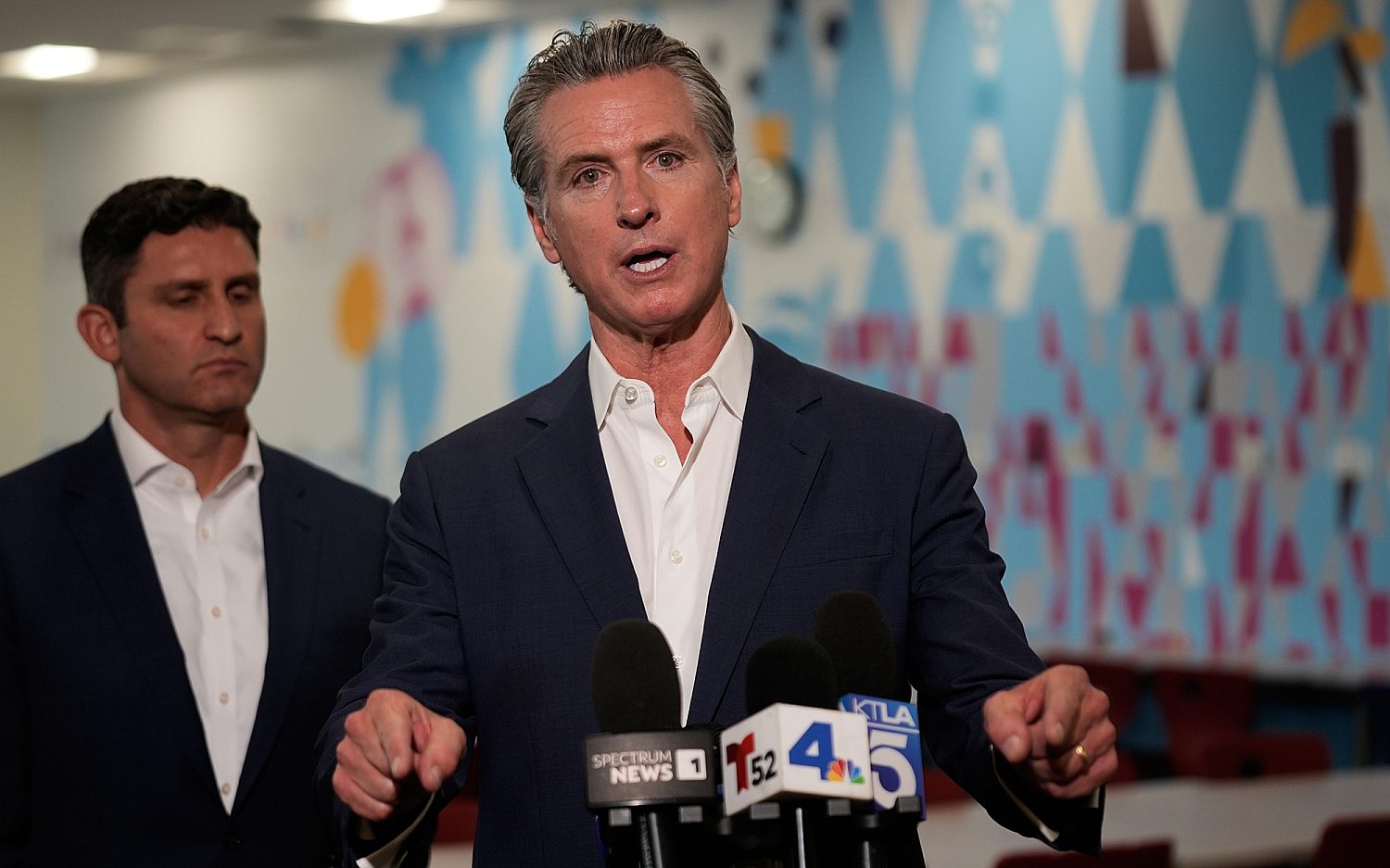Globe Trot: The future of 'Chavismo' in Venezuela
The likely successor to Hugo Chavez, who died yesterday of cancer, is Nicolas Maduro, the current vice president. According to former U.S. Ambassador to Venezuela Charles Shapiro, Maduro “is viscerally anti-American, opposes the checks and balances of liberal democracy, and distrusts free markets.” Shapiro wrote in December:
“Relations between the United States and Venezuela have ranged from difficult to hostile since Chavez took office in 1999 and began to implement what he calls ‘21st century socialism.’ I was U.S. ambassador to Venezuela from early 2002 till late 2004 as relations went from bad to worse. Chavez blamed a failed 2002 coup against him on the United States (not true), nationalized U.S. companies, insulted the president of the United States and blamed “the empire”—his term for the United States—for every ill.”
The Guardian has a liveblog of events surrounding the death of Chavez and the future of “Chavismo,” his personalized brand of 21st century Latin American socialism. How deeply it’s taken root is becoming evident in the outpouring of grief on the continent.
The statement by President Obama upon Chavez’ death is being called “atrocious,” but it’s positively restrained and diplomatic compared to this glowing eulogy from former President Jimmy Carter: “We came to know a man who expressed a vision to bring profound changes to his country to benefit especially those people who had felt neglected and marginalized.”
Refugees from Syria crossed the 1 million threshold this morning, as a 19-year-old mother of two young children named Bushra registered with the UN’s refugee agency UNHCR. Since January 2013, more than 400,000 Syrians have fled their country. All told, the 1 million mark represents 5 percent of Syria’s total population (and half of that number are children)—now spread across the volatile region in a conflict no one seems capable to rein in.
The U.S. Army is planning to leave about $6 billion worth of equipment in Afghanistan after 2014. Repeat: $6 billion. Situation Report says the Army has approximately 1.38 million pieces of equipment in Afghanistan valued at roughly $28 billion. Of that, it plans to bring homeabout 757,000 pieces, or about $21 billion worth of materiel, and “divest itself” of about 628,000 pieces of equipment valued at about $6 billion, according to Wayne Hall, an Army spokesman at the Pentagon. Big question: Is the Army leaving behind obsolete materiel or items that will genuinely beef up Afghan forces?
Two days after presidential elections in Kenya, and with nearly half the votes counted, Uhuru Kenyatta and his running mate, both indicted by the International Criminal Court for crimes against humanity, continued to lead by a wide margin this morning in March 4 polling. Kenyatta is the son of the country’s founder at independence, Jomo Kenyatta.
As reports grow of possible election fraud, President Obama’s half-brother, running for a local governorship in Kenya’s national elections, said results in the polls “may have been manipulated.”
An actual newsletter worth subscribing to instead of just a collection of links. —Adam
Sign up to receive The Sift email newsletter each weekday morning for the latest headlines from WORLD’s breaking news team.





Please wait while we load the latest comments...
Comments
Please register, subscribe, or log in to comment on this article.